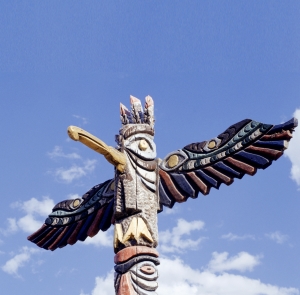
In the case known as Mohawk tribe versus Mylan, the US Federal Circuit Court of Appeals ruled that patent holders cannot shield themselves from an “inter partes review” of a patent by assigning that patent to a Native American tribe. Ironically enough, this is due to the fact that the decision handed down by the Court stated that the “inter partes review” procedure in the principal action is not “inter partes” (“between parties”).
The “inter partes review” procedure introduced a few years ago by the Patent Trial and Appeal Board of the United States Patent and Trademark Office is the most frequently used way of attacking patents by invoking their invalidity. The procedure itself is relatively fast and inexpensive, however many patent holders are of the opinion that it is too detrimental to patent holders.
The pharmaceutical patent holder Allergan therefore came up with an approach that would potentially prevent the “inter partes review” procedure by assigning patents to a Native American tribe. That approach was based on the Anglo-Saxon principle of “sovereign immunity”, which means that states cannot be taken to court without their consent, such as by means of legislation. In the USA, “sovereign immunity” also applies to Native American tribes and the idea was that “sovereign immunity” would also render the “inter partes review” of patents held by Native American tribes impossible.
The Federal Circuit Court of Appeals however rejected this. According to precedent, “sovereign immunity” applies to proceedings between private individuals, but not to investigations conducted by government agencies. The “inter partes review” procedure possessed characteristics of both, but in the view of the Court, predominantly constituted an investigation by the government and could not therefore be excluded on grounds of “sovereign immunity”. The Court pointed to the fact that it lies within the discretion of the United States Patent and Trademark Office whether or not to initiate and proceed to carry out an “inter partes review” in cases where the parties have withdrawn. The Court also stated that a large number of procedural options applicable to ordinary proceedings between private parties were lacking.
The decision handed down by the Federal Circuit Court of Appeals need not necessarily be the final word in this matter: ultimately, the Native American tribe is entitled to initiate proceedings before the US Supreme Court.

